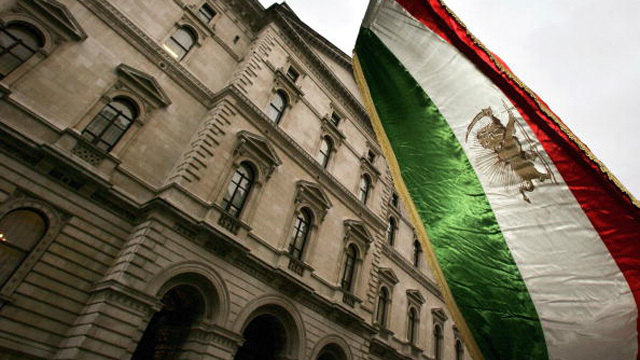France’s foreign minister said on Friday he was confident that the U.S. would not seek cuts to the UN Multidimensional Integrated Stabilization Mission in Mali (MINUSMA).
Jean-Marc Ayrault told Reuters that Paris was ready to study its efficiency as Washington reviews its overall strategy.
“It doesn’t mean that just because you are looking to make savings that you abandon these peacekeeping missions,” Ayrault told Reuters ahead of visiting French troops in the central Malian city of Gao.
Ayrault said: “às far as Mali is concerned … it’s clear that it’s an indispensable mission.
“Everyone recognises that France took the lead on this and that the peacekeeping operation would not have happened without us, so I’m not pessimistic.”
He said Paris would look objectively on how to improve things ahead of the mission renewal on June 30, but that as a whole Washington should think twice before dropping missions in high-risk areas.
Ayrault, whose trip to Mali comes after a French soldier was killed in clashes in the south of the country on Wednesday, will be accompanied by his German counterpart Sigmar Gabriel.
Former colonial power France intervened in 2013 to drive out al Qaeda-linked militants who seized northern Mali the year before.
It has since deployed some 4,000 soldiers, known as the Barkhane force, across the region to hunt down Islamists.
That operation has paved way for the UN to deploy its more than 10,000-strong MINUSMA peacekeeping force to the West African state at a cost of about one billion dollars a year.
A surge in violence from Islamist militants, difficulties in implementing a peace deal between the government and northern rebels and the mission’s lack of equipment and manpower have raised eyebrows at a time when Washington wants to review its funding to the UN.
The U.S. is the largest contributor to the UN, paying 22 per cent of the 5.4 billion dollar core UN budget and 28 per cent of the 7.9 billion dollar UN peacekeeping budget.
These are assessed contributions agreed by the UN General Assembly and not voluntary payments.
Speaking at a UN Security Council on Thursday, U.S. Ambassador Nikki Haley criticised the mission saying progress in stabilising the country was stalled, equipment did not meet the standards, and that countries were too slow in committing troops.
“This is a dangerous situation. But if we act urgently, there is hope.
“We can and we must do better,” she said, adding that Washington would be “taking a careful look at the force’s mandated tasks and the distribution of its forces.”
Earlier in January, Germany decided to increase its troop numbers in Mali to about 1,000 as part of MINUSMA and add eight attack helicopters.
The two ministers, who want to show that European Union member states are sharing the burden in overseas operations, are also expected to be in Bamako to pressure President Ibrahim Keïta to do more to implement a stuttering peace deal brokerin Algeria.(Reuters/NAN)

